COURSE OVERVIEW
PE0765 : MEG (Monoethylene Glycol) Manufacturing Process Technology
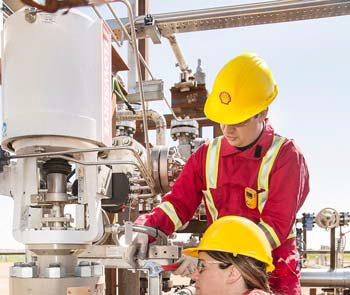
OVERVIEW
| COURSE TITLE | : | PE0765 : MEG (Monoethylene Glycol) Manufacturing Process Technology |
| COURSE DATE | : | Aug 17 - Aug 21 2025 |
| DURATION | : | 5 Days |
| INSTRUCTOR | : | Dr. Pete Ludovice |
| VENUE | : | Al Khobar, KSA |
| COURSE FEE | : | $ 5500 |
Course Description
This practical and highly-interactive course
includes real-life case studies and exercises where
participants will be engaged in a series of
interactive small groups and class workshops.
Monoethylene Glycol (MEG) plays a significant role in
industry due to its function as versatile intermediates in
a wide range of applications—from polyester resin,
textiles and films, consumer packaging and beverage
bottles to aircraft deicing fluids. Monoethylene glycol
(MEG) is one of the most important raw materials for
industrial applications. MEG is important in the
production of antifreezes, coolants, aircraft anti-icer
and diecers and solvents. Moreover, MEG is often
used in water-basedpaints,dry-wall compounds, glass
cleaners, dyes, waxes and adhesives as well as a
freezing point depressor to avoid damage by lowtemperature
extremes.
Monoethylene glycol in its pure form is an odorless,
colorless, syrupy liquid with a sweet taste. In general
terms MEG is produced from ethylene, via the
intermediate ethylene oxide which it reacts with water
to produce ethylene glycol. The highest yields of
ethylene glycol occur at acidic or neutral pH with a
large excess of water. Under these conditions, MEG
yields of 90% can be achieved. The major by products
are the ethylene glycol oligomers diethylene glycol,
triethylene glycol and tetraethylene glycol. Due to its
importance and fast growing demands as a result of its
bulk uses and the availability of ethylene in GCC and
other petrochemical centers several innovative
technologies is developed and commercialized.
link to course overview PDF
includes real-life case studies and exercises where
participants will be engaged in a series of
interactive small groups and class workshops.
Monoethylene Glycol (MEG) plays a significant role in
industry due to its function as versatile intermediates in
a wide range of applications—from polyester resin,
textiles and films, consumer packaging and beverage
bottles to aircraft deicing fluids. Monoethylene glycol
(MEG) is one of the most important raw materials for
industrial applications. MEG is important in the
production of antifreezes, coolants, aircraft anti-icer
and diecers and solvents. Moreover, MEG is often
used in water-basedpaints,dry-wall compounds, glass
cleaners, dyes, waxes and adhesives as well as a
freezing point depressor to avoid damage by lowtemperature
extremes.
Monoethylene glycol in its pure form is an odorless,
colorless, syrupy liquid with a sweet taste. In general
terms MEG is produced from ethylene, via the
intermediate ethylene oxide which it reacts with water
to produce ethylene glycol. The highest yields of
ethylene glycol occur at acidic or neutral pH with a
large excess of water. Under these conditions, MEG
yields of 90% can be achieved. The major by products
are the ethylene glycol oligomers diethylene glycol,
triethylene glycol and tetraethylene glycol. Due to its
importance and fast growing demands as a result of its
bulk uses and the availability of ethylene in GCC and
other petrochemical centers several innovative
technologies is developed and commercialized.
TRAINING METHODOLOGY
This interactive training course includes the following training methodologies:
LecturesPractical Workshops & Work Presentations
Hands-on Practical Exercises & Case Studies
Simulators (Hardware & Software) & Videos
In an unlikely event, the course instructor may modify the above training methodology for technical reasons.
VIRTUAL TRAINING (IF APPLICABLE)
If this course is delivered online as a Virtual Training, the following limitations will be applicable:
| Certificates | : | Only soft copy certificates will be issued |
| Training Materials | : | Only soft copy materials will be issued |
| Training Methodology | : | 80% theory, 20% practical |
| Training Program | : | 4 hours per day, from 09:30 to 13:30 |
This course is no longer available.
Please check below for other scheduled dates.
OTHER SCHEDULED DATES
| Refrence | Date | Location | Instructor | Fee (USD) | Outline | Actions |
|---|---|---|---|---|---|---|
| PE0765 | Apr 05 - Apr 09 2026 (5 Days) | Dubai, UAE | Dr. Pete Ludovice | $ 5,500 | Outline | |
| PE0765 | Jun 21 - Jun 25 2026 (5 Days) | Doha, Qatar | Dr. Pete Ludovice | $ 6,000 | Outline | |
| PE0765 | Aug 16 - Aug 20 2026 (5 Days) | Al Khobar, KSA | Dr. Pete Ludovice | $ 5,500 | Outline | |
| PE0765 | Oct 26 - Oct 30 2026 (5 Days) | Abu Dhabi, UAE | Dr. Pete Ludovice | $ 5,500 | Outline |
RELATED COURSES
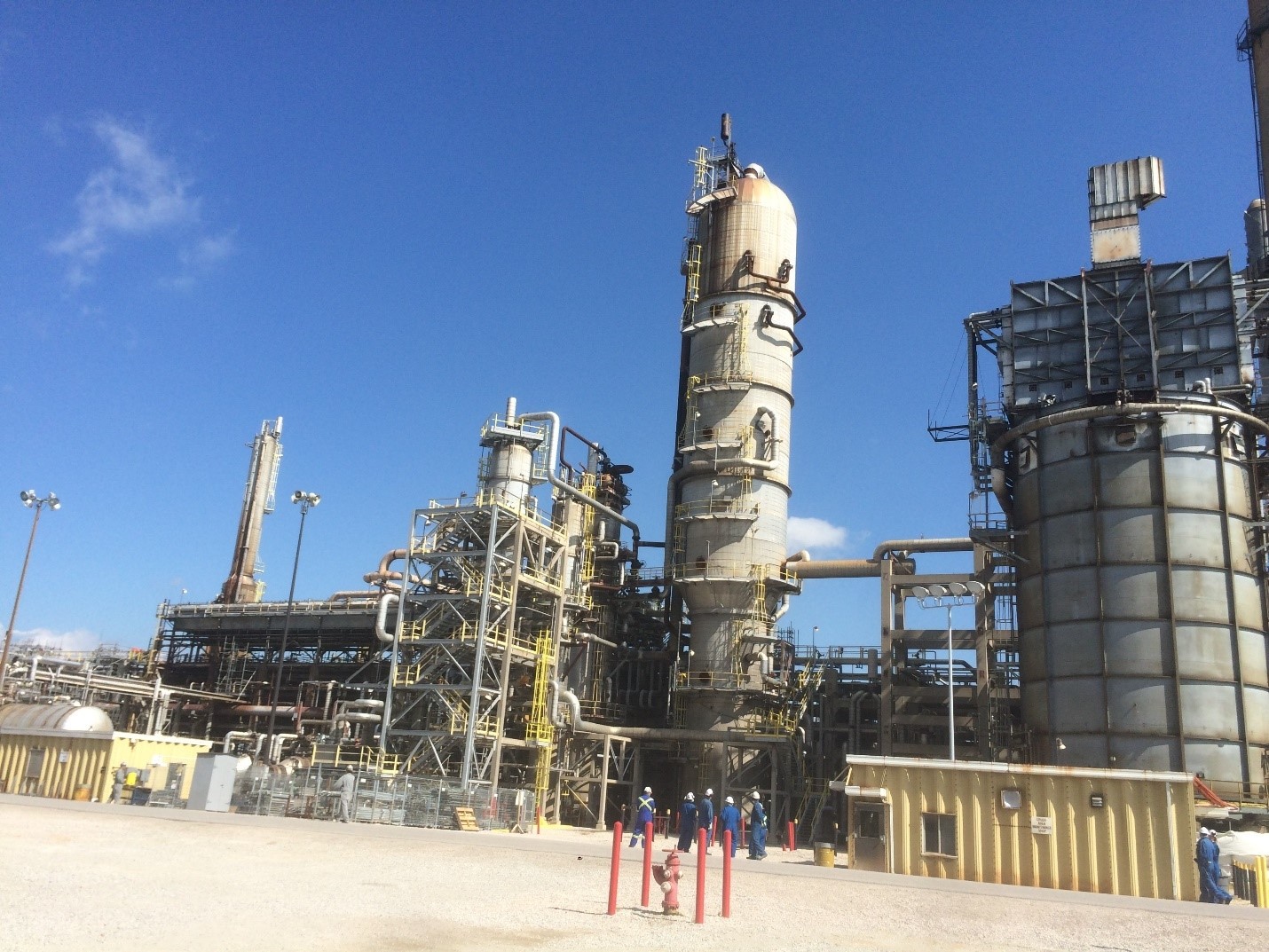
PE0390 : Distillation-Column Operation Control and Troubleshooting
- Date: Mar 29 - Apr 02 / 3 Days
- Location: Al Khobar, KSA
- Course Details Register
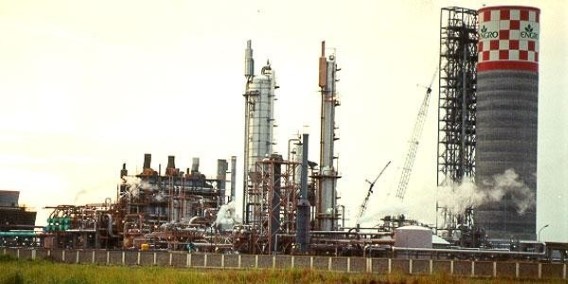
PE0605 : Ammonia Manufacturing & Process Troubleshooting
- Date: Mar 29 - Apr 02 / 3 Days
- Location: Doha, Qatar
- Course Details Register
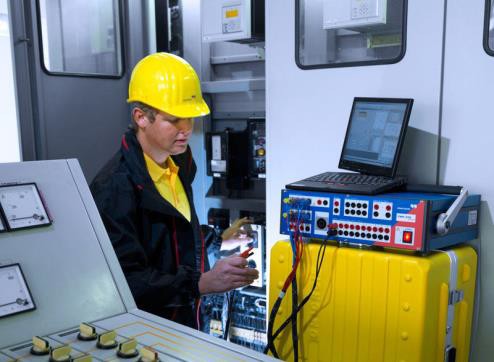
EE0852 : Electrical and Instrumentation Inspection Certification
- Date: Mar 29 - Apr 02 / 3 Days
- Location: Istanbul, Turkey
- Course Details Register
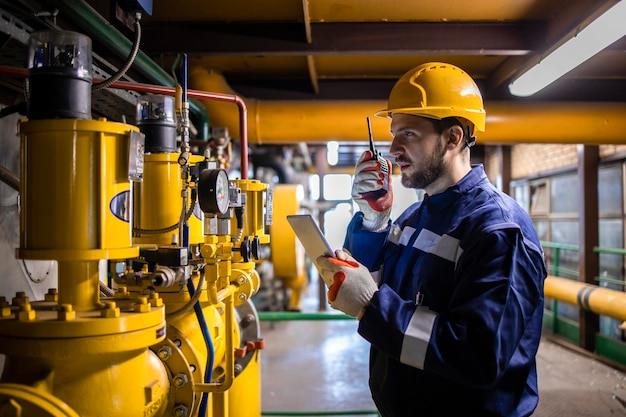
PE0536 : Design and Simulation of Gas Distribution Networks
- Date: Mar 29 - Apr 02 / 3 Days
- Location: Dubai, UAE
- Course Details Register
